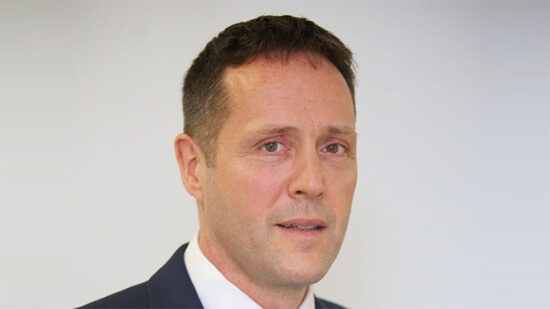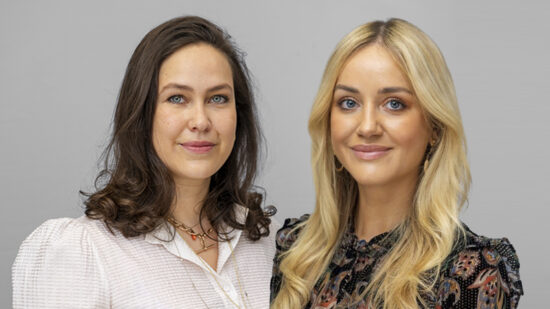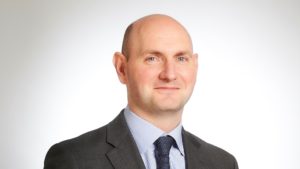We have already commented on the recent elections in France and Greece; Bill Dinning, Kames Capital’s head of investment strategy, this morning looked at the impact of those elections that are only part-way through, including Greece whose attempt to elect a new government could run and run.
The upshot of all of the changes in Europe in the past few days is that it needs to now move on to ensure its stays competitive and flexible, for its own trade, market and economic health as well as that of the rest of the world.
To achieve this, Europe needs its politicians to stay centrist.
Francois Hollande may be centre-left but at least he’s centre-something. And despite what he may have said during the election campaign – he could hardly agree with Sarkosy on anything – he will work well and work hard with Angela Merkel to make sure the eurozone doesn’t implode.
Greece needs a centrist government. The arguments between its Communist, socialist and other left-leaning parties may be enough to delay any fiscal reforms thereby missing out of valuable EFSF funding and therefore kissing goodbye to the euro.
But Europe is better placed that it has been for a while to deal with all this. Any country leaving the euro will be seen as failure for the currency, but if it allows Greece to turn its fortunes around then it will be worth doing.
The financial problems we are facing are long term and we will not resolve them for at least the next decade. This has been helped by positive action from Mario Draghi who has bought politicians time with the introduction of LTRO.
Given the political uncertainty in the run-up to the various elections, it has been difficult to put risk back on in Europe, but now that is abating if we can get through Q2 then risk will slowly start to be put back on and investors can build into 2013.







